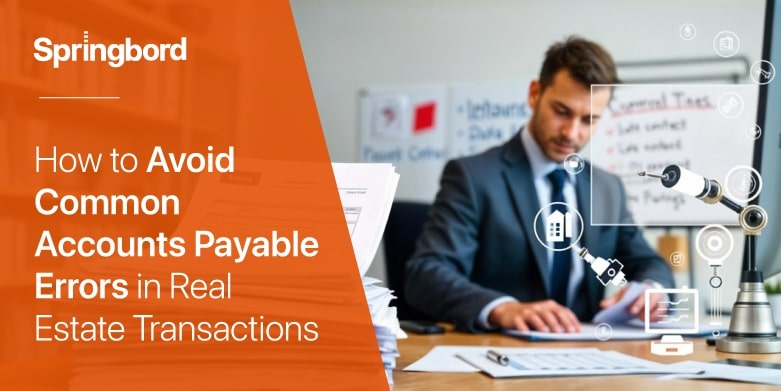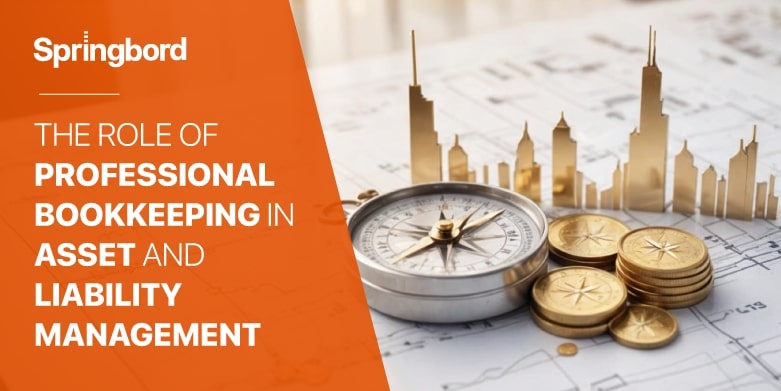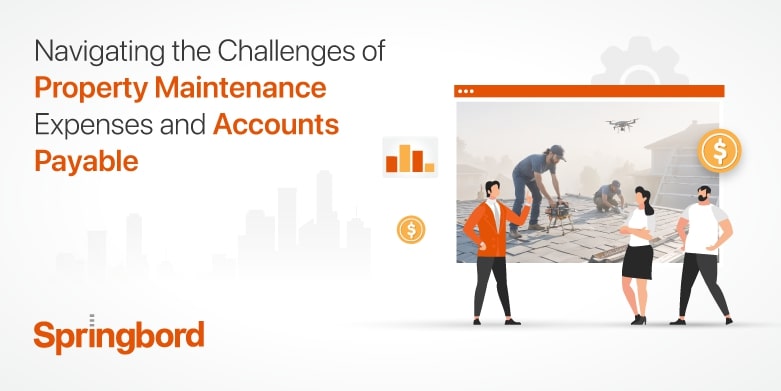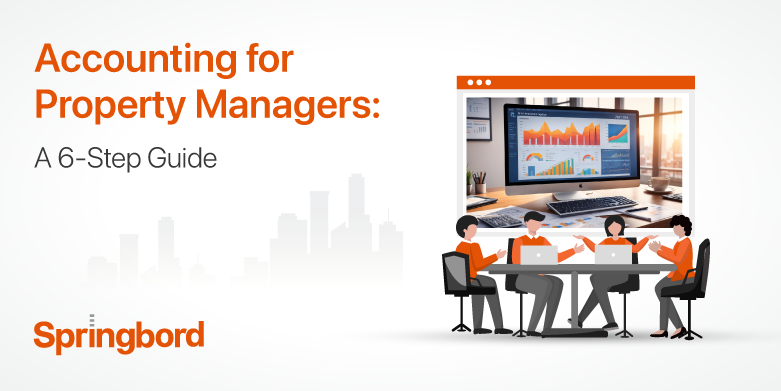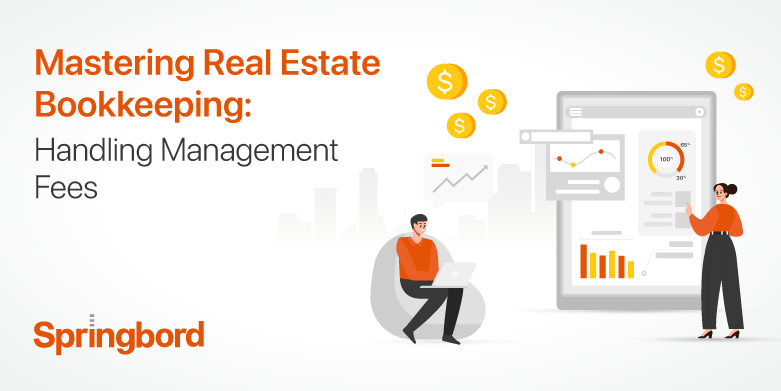M
E
N
U
Accurate accounts payable (AP) management is not only necessary but also essential to the financial stability and operational effectiveness of the real estate sector, where big sums of money and lots of transactions are the norm. However, the complexity of real estate transactions often leads to common AP errors that can have significant financial and
The precision and availability of lease data are more important than ever in the dynamic and ever-changing real estate industry. Business owners who manage extensive property portfolios know that the devil is in the details; overlooking even a minor clause in a lease agreement can lead to costly errors, regulatory fines, or missed opportunities. As
Every dollar matters in the fast-paced business world, and keeping profitability depends on controlling operating costs. One area that often goes unnoticed and unchecked is Common Area Maintenance (CAM) charges in commercial leases. While these charges are intended to cover shared property expenses, many business owners are unknowingly overpaying due to errors, uncertain lease terms,
Effective asset and liability management is essential for maintaining financial stability and optimising investment returns in the dynamic and frequently unpredictable world of real estate. This aspect of financial management involves tracking and balancing the properties and debts held by a real estate business. Proper management allows businesses to maximize the value of their assets
Efficient accounts receivable (AR) management is crucial for the financial health of real estate businesses. Proper management of AR directly impacts cash flow, profitability, and the overall economic stability of a company. This blog explores the significance of effective AR management. It highlights common mistakes to avoid, ensuring that business owners in the real estate
Maintaining a property’s safety, functionality, and appeal to renters is an essential part of managing a real estate investment. However, navigating the financial landscape of property maintenance expenses and accounts payable can be a significant challenge for property managers and owners. This blog delves into the intricacies of managing maintenance costs, optimizing accounts payable processes,
Lease abstraction plays a critical role in the precision, efficiency, and strategic insight required to manage a large portfolio of leases. This procedure improves operational efficiency and compliance while facilitating well-informed decision-making. It does this by condensing important information from comprehensive lease documents. Traditional manual methods, however, are often error-prone and inefficient. To overcome these
In property management, efficient accounting is essential to operational success because it helps managers make well-informed decisions, maximize investment returns, and guarantee regulatory compliance. This blog explores the important facets of property management accounting, giving company owners who want to preserve cash flow and optimize profits a thorough understanding. Property Management Accounting Property management accounting
Financial modelling for commercial real estate requires the use of the Argus software platform. Argus is the industry standard for analyzing complex real estate transactions and portfolios. It is widely recognized and taught in more than 200 universities and colleges worldwide. This blog seeks to give seasoned business owners and real estate experts a thorough
Effective management of property management fees and commissions is an important aspect of financial stewardship for real estate businesses. Precise bookkeeping practices are important in property management, where revenue streams range widely from leasing fees to maintenance charges. To ensure accurate financial reporting, real estate firms must navigate complex fee structures and adhere to strict


